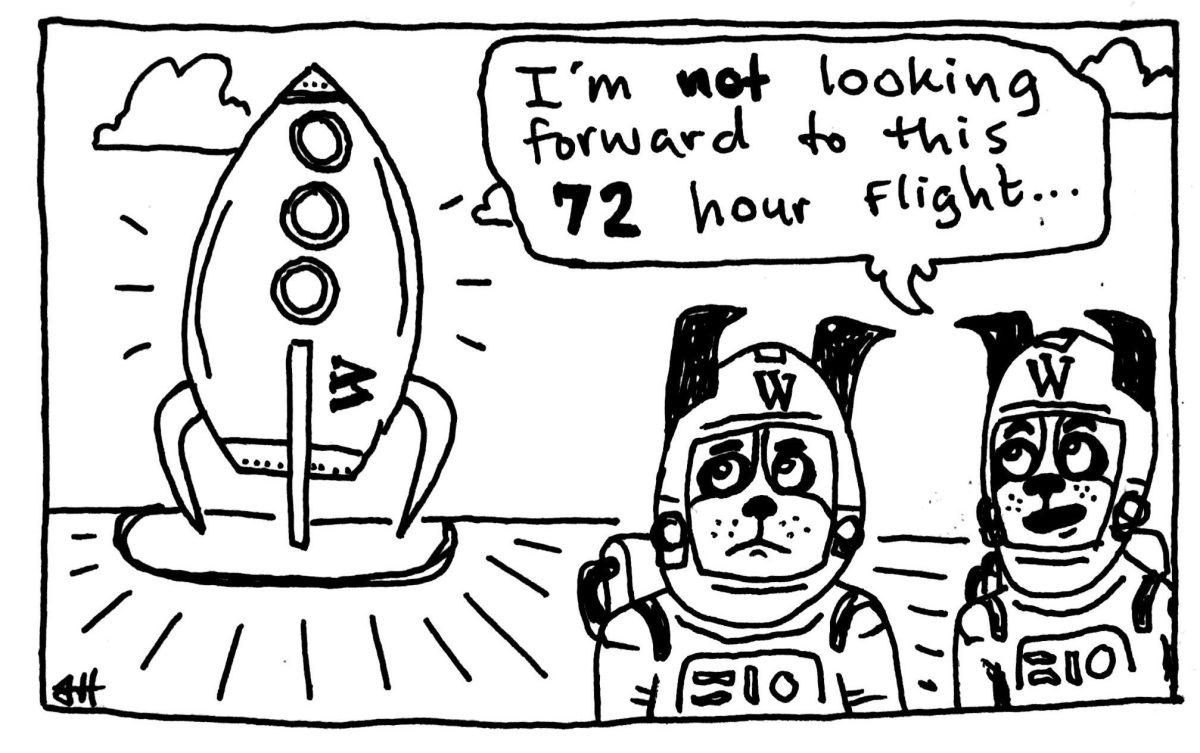Miss Lonelyhearts
We’ve all heard the news, and we’ve seen reports and numbers, but one big question still remains, and it’s the question that could break apart our society: What is COVID-19? And how is it different from the coronavirus? Make no mistake, these two are similar, and the media will tell you they are similar, but they have some fundamental differences.
Most citizens have no problem with understanding the term coronavirus. It’s easy to break apart into its root words: “Corona,” meaning a cheap beer from Mexico or the front part of the eye, and “virus,” meaning a computer program with ill intent or an infection of the genital system. Putting these two together to make “coronavirus” is logical, and even comforting: it’s very clear to the public what this word means.
As deadly as the coronavirus is, it has a simplicity to it, and we suspect a cure for it will come about in a matter of weeks.
“COVID-19” on the other hand, is very different. What does it mean? We had language experts at the Old Black & Blue try to break down its origins in order to find out more about this deadly disease.
It can be broken into these parts: “CO,” “VID” and “19.” According to our resident Latin expert, Marcus Aurelius, “CO” most likely means “cooperative” or “covert” while “VID” clearly means “video,” although it’s possible it’s a new scientific slang term for “individual.”
“These are just my best guesses,” says Aurelius, a lifelong bar trivia master. “I haven’t taken Latin since freshman year of high school.”
Aurelius’s predictions are frightening at best. And he hasn’t even gotten to the “19.”
“It could mean there were 18 before it,” Aurelius says. “But it more likely means that the disease itself only targets the nineteenth person in succession. It goes bong-bong-bong over 18 people then hits the nineteenth like a sucker punch.”
The latter assumption by Aurelius is good cause for panic, and it reinforces the terror and randomness of the universe.
We wanted to bring you as much relevant information as possible, so we spoke to resident Asian, Mark Chan. With his background and citizenship status, he was clearly the person we needed to talk to about the foundations of the term COVID-19.
“I’m not even from China,” Chan said. “I was born in the US.” Despite this issue of origin, Chan agreed to provide helpful insight on the virus and all of the terror it’s causing.
When asked where the term “COVID-19” came from, Chan said, “I don’t know, Google it.” He later added: “Why do you think I would know that?”
We took Chan’s advice on the subject and decided to put in a Google search for the term “COVID-19” in order to give you the most up to date information. Our analysts were shocked to find that Google came up with over three billion results in just under two seconds.
“That’s simply too much ground to cover,” said chief analyst Jane Turner. “There’s no way we’ll find the right answer in time.”
Our analysts are asking for your help on the subject. In order to protect ourselves from the mysterious COVID-19, we all have to pitch in. If everyone in the U.S. researched one of these terms per day, it would only take us 10 days to find the answer. We’re calling on you to help us find the true definition of COVID-19 before it’s too late.
“These are the big questions,” says Marcus Aurelius. “We want answers.”



































